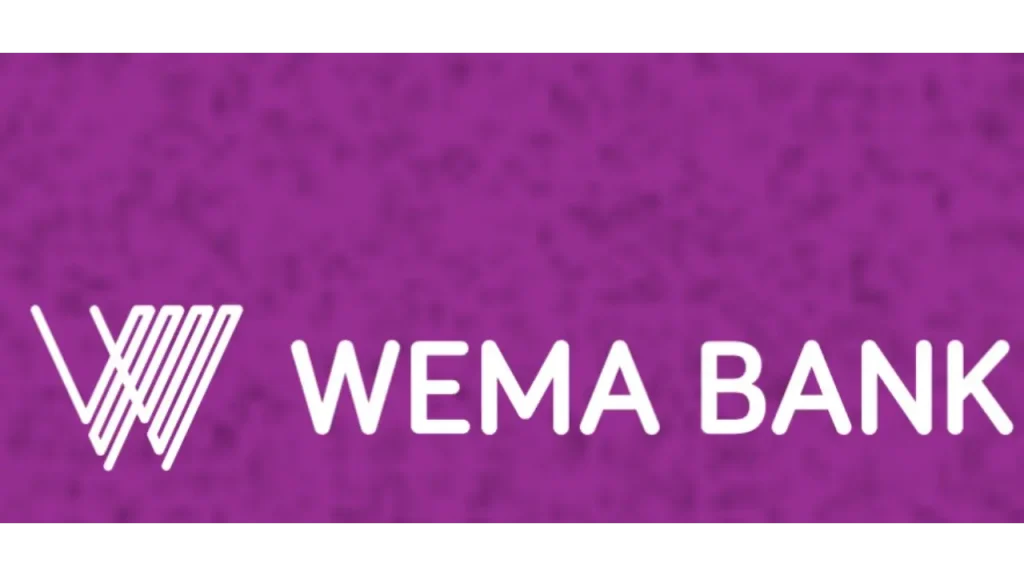• Wema Bank has evolved from Nigeria’s oldest indigenous bank into a digital banking leader with its ALAT platform.
• The bank’s commitment to financial inclusion and technological innovation has positioned it as a trailblazer in the Nigerian banking industry.
Wema Bank Plc: A Legacy of Innovation
Wema Bank Plc was set up in 1945 and has since developed from an insignificant regional bank to a dominant contender in Nigeria’s banking sector. With more than 3,500 staff members along with more instead of 150 branches all over the entire nation, the bank has continually demonstrated durability and adaptation in an evolving economic environment. The turning point in Wema Bank’s digital transformation journey occurred in 2017 alongside its introduction of ALAT, Nigeria’s first fully digital bank. In spite of improving customer experience, this move also recognized the bank as an innovator in the financial technology sector.
Also read: MainOne Ghana: Expanding digital reach through cables and data
Also read: Google expands subsea network with new US–EU cable
Navigating Industry Challenges and Embracing Technological Innovations
The banking sector in Nigeria is experiencing an array of challenges such as changing regulatory frameworks, economic volatility, and a pressing requirement for greater financial inclusion. Wema Bank is reacting by making use of technology in order to reach more consumers and enhance customer experiences. The implementation of facial biometric technology for high-value transactions and customer onboarding is one of the important innovations; this approach has improved safety procedures and minimized fraud incidents by 40%. Additionally, the bank implements robotic process automation and AI-powered fraud detection systems, and these significantly minimize errors in account balances and transaction processing. Recent improvements now exceed 91%.
Wema Bank has demonstrated a strong commitment to financial inclusion as well as to these technological advances. Interventions including “Sara by Wema” and the FGN/ALAT Digital Skills Innovative Program are intended to empower groups that are marginalized, such as women, youth, and micro, small, and medium-sized businesses (MSMEs). Participants in these courses develop significant financial and digital literacy skills that allow them to thrive with greater success in today’s economic climate. In along with tackling some of the difficulties encountered by Nigeria’s lending industry, Wema Bank promotes sustainable economic growth and enhancing access to financial opportunities for Africa’s diverse citizens by integrating the latest technology with inclusive initiatives.

